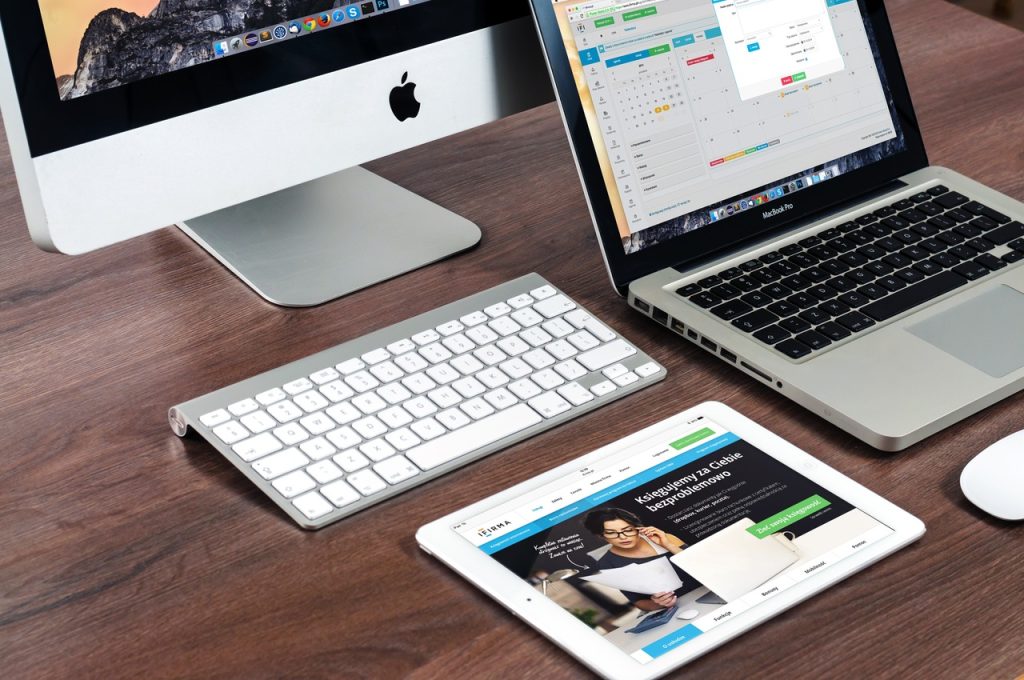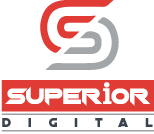Bring Your Own Device (BYOD) policies allow employees to use their own personal devices for work-related purposes, rather than strictly requiring the use of company-owned and managed devices. BYOD policies can provide numerous benefits including increased flexibility, cost savings, and employee productivity.
Businesses are increasingly allowing employees to use personal devices for work purposes, known as “bring your own device” (BYOD) policies. BYOD policies can help businesses better serve their customers and employees by enabling employees to access any device at work. But the advent of BYOD has raised security concerns, including the potential for viruses and malware on consumer devices to infiltrate an organization’s networks.
When it comes to mobile devices, you need to understand the company culture of your employees. Some people will feel more comfortable if they have their own device and can do everything on that device without having to worry about the IT department tracking what they’re doing. Other users may prefer a BYOD policy and rely more on technology than they do on face-to-face communication.
The benefits of BYOD are many: It can make for a better user experience, empowering employees to work and collaborate the way they prefer, with the freedom to use devices that are familiar to them. Companies that leverage application virtualization benefit from increased security and management options. For example, an employer could host a proprietary application in a cloud, and employees can access it on their personal device. Similarly, desktop virtualization allows users to access an isolated logical operating system instance without actually installing anything on their personal computer.
Companies will likely need to implement a BYOD policy, even if they provide employees with a second device. Inevitably, employees will use their personal devices to access company data, even if it’s against policy, which means it’s critical to have device security options in place to mitigate risks and vulnerabilities.
- Complete freedom to bring or choose between qualified Apple devices
- Work on Devices that never leave your side
- Attract and retain talented employees
- Increased employee satisfaction and flexibility
- Increased productivity and reduced costs (hardware, licensing and device maintenance)
- Friction less access to company data, intranet sites and critical business apps
- Simplify IT, management of data, apps and services
- Empower employees to work and collaborate freely
- IT self sufficiency in the Organization
- Refresh your old Apple devices
- Get rid of machines that occupy inventory space
- T:eam buybacks your existing hardware
- Higher residual value after 3-4 years
- Lease a range of Apple devices
- Opt for fully managed services
- Scale up or down device deployments
- Customized enterprise services and support
- Migrate from high CAPEX costs to controlled OPEX
Access to latest technology - Eliminate user productivity issues caused by ageing technology
- Unburden IT team from Asset management


